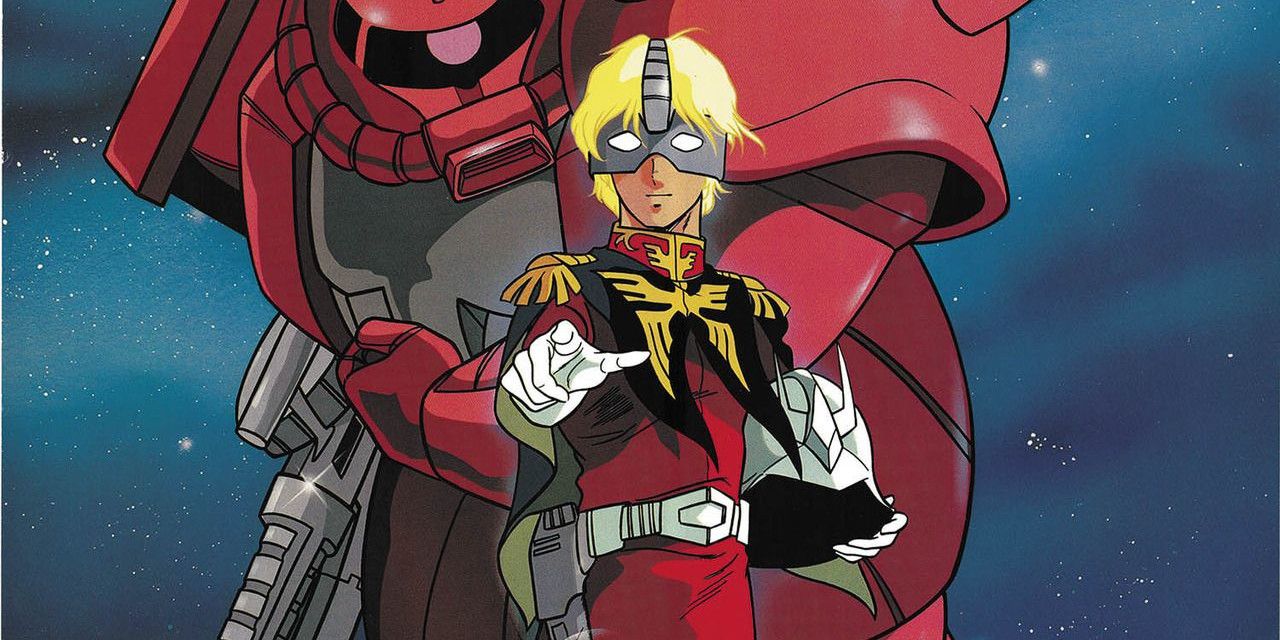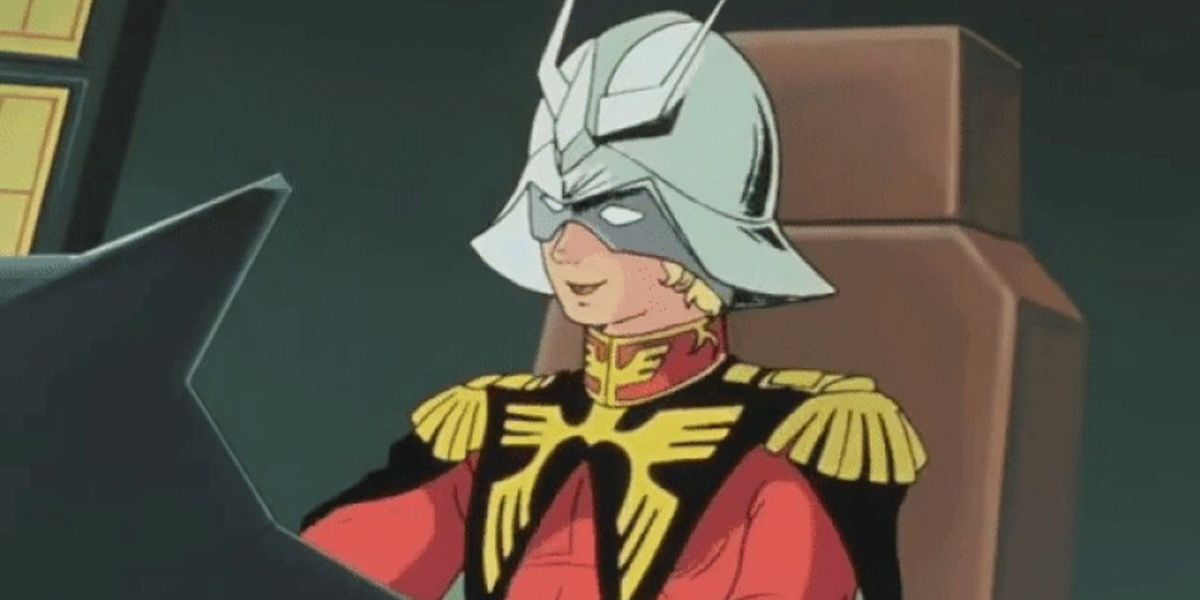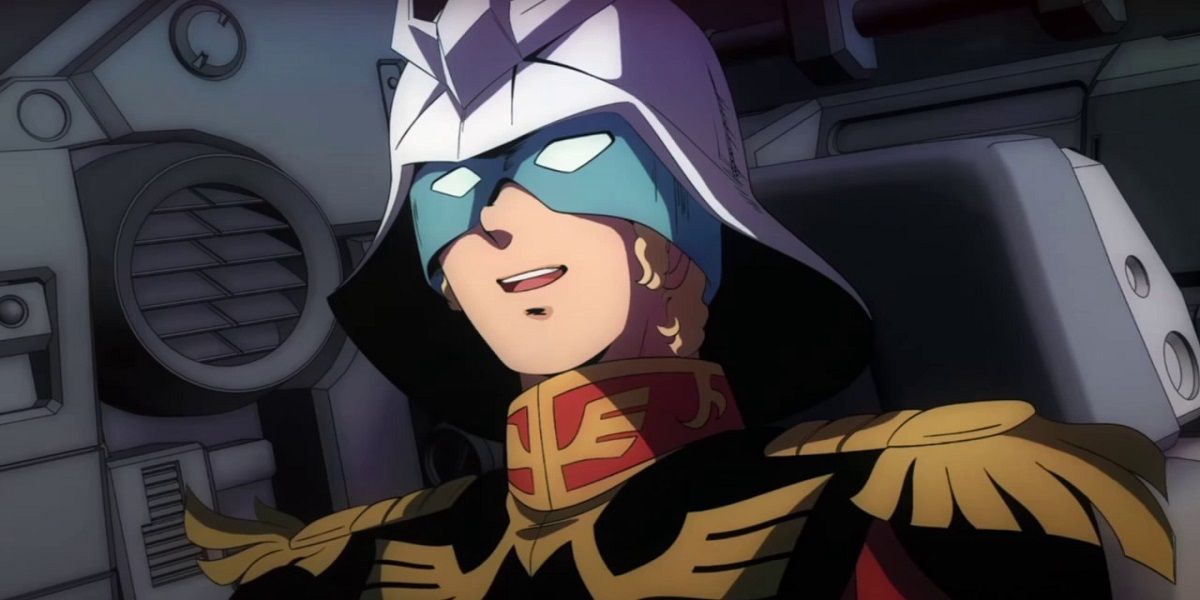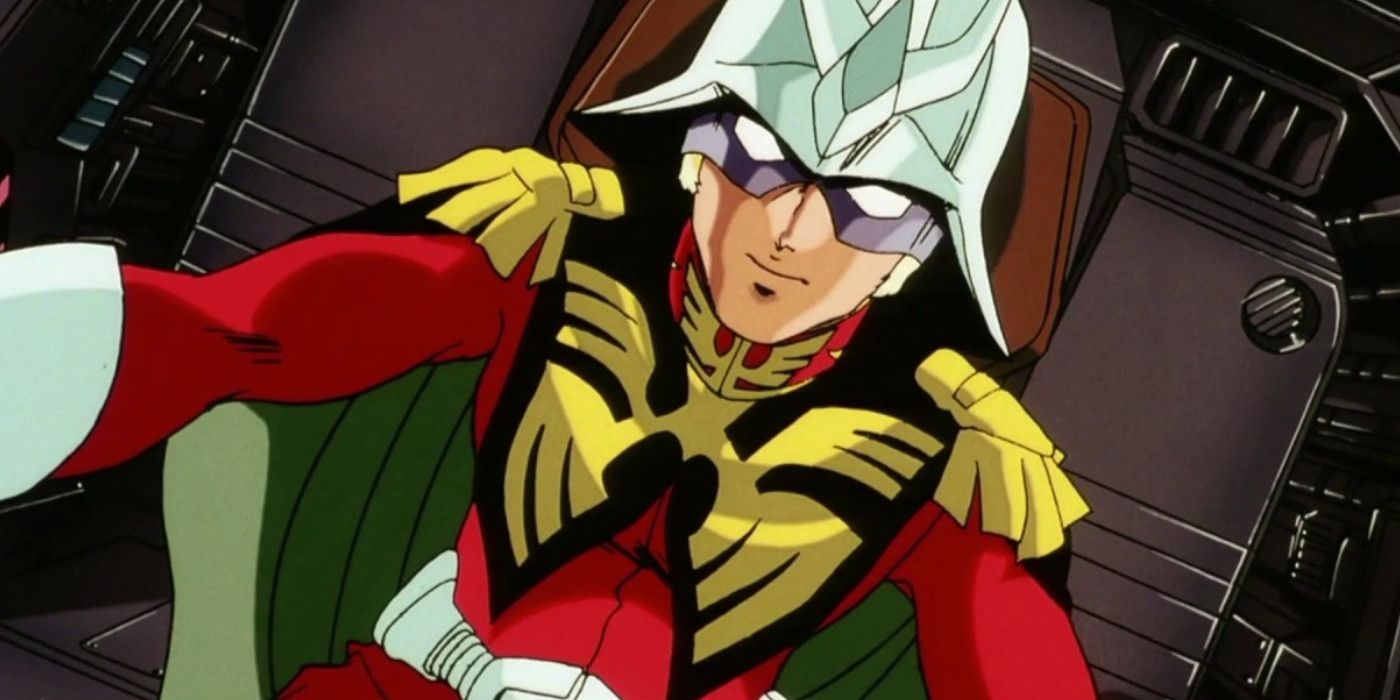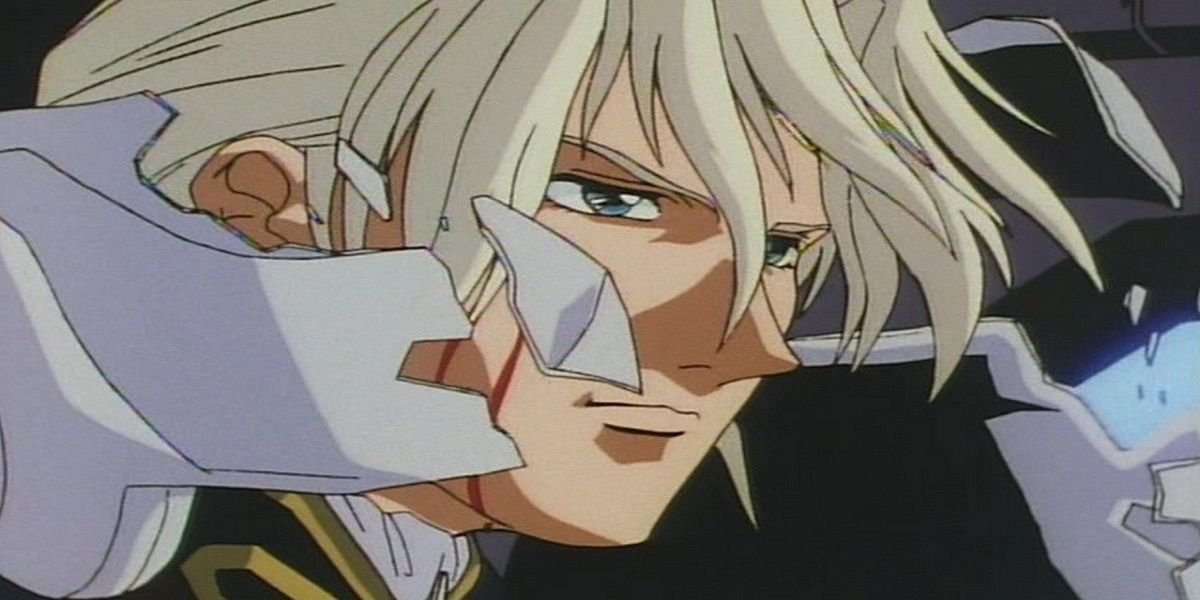Beginning back in the 1970s, the Mobile Suit Gundam franchise has had a lasting impact on the world of anime and mecha shows in particular. Jumpstarting the "Real Robot" subgenre, its often heartrending portrayal of the tragedy of war was a sharp contrast to its much sillier contemporaries.
No character embodied this more than Char Aznable. Cool, suave and utterly morally ambiguous, Char has bounced from villain to hero and back again across the Universal Century timeline. This, along with several other elements of his character, has not only made him more popular than protagonist Amuro Ray but easily the most enduring part of the original series' influence. With the original series now available to stream on Crunchyroll, here's a look back at the franchise's ultimate anti-villain.
Char's Moral Grayness Set Him Apart From Amuro Ray
Super Robot predecessors to Gundam were two-dimensional (at best) cartoons with thinly developed characters. Heroes simply acted heroic, while their villainous counterparts were evil for no good reason. Char Aznable, on the other hand, was a far more complex character.
Though a staunch member of the Federation of Zeon, he harbored his own agenda and ambitions. Much of this derived from seeking revenge on the Zabi family, who had usurped power from Char's own birth family. He continues to buck the trend of cartoonish evil when he questions his rivalry with Amuro Ray, feeling that it has distracted him from his real goal. This moral ambiguity ultimately made him far more memorable than Ray himself, who, though he was more defined than a typical mecha hero, still lacked the depth of Char.
Char Is a Treasure Trove of Iconic Lines
Despite his quest to regain his birthright, Char truly cared for Earth, and at times, those living there. This sees him temporarily turning hero in Mobile Suit Zeta Gundam to fight the Titans organization. This lead to Char losing faith in himself, willingly serving under former rivals in order to become what he was again. This tendency to change from series to series makes Char easily the most complicated character of the original bunch.
This theatrical depth also leads to some great lines, including, "blame this on the misfortune of your birth." Another iconic line, "The people left on Earth do nothing but pollute it because their souls are weighed down by gravity," portends Char's eventual return to villainy and disdain for most of humanity. He also questions Amuro's assumptions that wisdom will somehow cure mankind's ills after all that they had done, saying "Then, grant all those ignorant people your so-called 'wisdom,' at this very moment!"
Char's Many Names Are As Complicated As He Is
Char, much more than the typical Japanese-sounding Amuro Ray, exemplifies the Gundam franchise's penchant for extremely weird names for its casts. The title is based on real-world Armenian-French crooner Charles Aznavour, and Char's names would only get weirder from there.
It's eventually revealed that Char's birth name is Casval Dem Reikun, the son of Zeon Dem Reikum. This name has no real basis in any language or real-world nationality, though Char's blond hair would suggest European origins. He later took the moniker Édouard Mass before settling on Char, also gaining the nickname "Red Comet." During the series' sequel, he's believed dead and takes on the name of Quattro Bajeena, another odd name.
Gundam has since had tons of absolutely baffling names for characters in its otherwise serious shows, including Allelujah Haptism, Treize Kushrenada, Quatre Raberba Winner and even Full Frontal! Mystery and taking up various personas has also been a common theme throughout the series, but it all started with Char.
Char Began a Franchise Archetype
Char is so popular that even in series' that don't include him, he still essentially shows up by virtue of inspiring a distinct archetype in the franchise. These stand-ins are usually their respective show's villain and match Char's mask/helmet, blond hair and charming persona. The aforementioned trend of ridiculous names is usually on display, as well.
This was first seen in literal clones of Char named Full Frontal and Afranche Char, who showed up in sequels to the original series. Mobile Suit Gundam ZZ also had Glemy Toto, who even piloted a red Mobile Suit like Char. Even outside of the main continuity, Char's visage continues to appear. The over-the-top and cartoony G Gundam lacked a true Char clone, possibly due to it bearing more resemblance to the Super Robot shows whose tropes Char originally defied. Gundam Wing's Zechs Merquise was almost a verbatim stand in for Char, having essentially the same backstory and appearance.
Char has also appeared in other series and venues, even becoming a part of 4chan subculture. With his beguiling wit and appearance, not to mention moral complexity, Char has transcended the Gundam franchise, becoming perhaps even more recognizable than the giant robots themselves.
Also known as Mobile Suit Gundam '79, all 42 episodes of the original Mobile Suit Gundam series are now available to stream on Crunchyroll, with both an English dub and subtitles.

